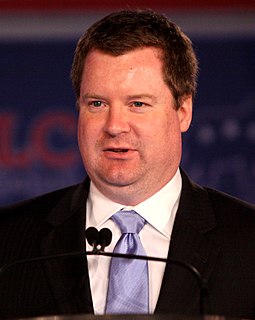A Quote by Christopher Monckton
If Britain was to close down altogether overnight, then China would take up the slack of carbon emissions in two years. If America closed down, just the growth in China's emissions would replace America's emissions in 12 years.
Related Quotes
CO2 is a minor player in the total system, and human CO2 emissions are insignificant compared to total natural greenhouse gas emissions. Therefore, lowering human CO2 emissions will have no measurable effect on climate, and continued CO2 emissions will have little or no effect on future temperature....While controlling CO2 emissions from burning fossil fuels may have some beneficial effects on air quality, it will have no measurable effect on climate, but great detrimental effects on the economy and our standard of living.


































